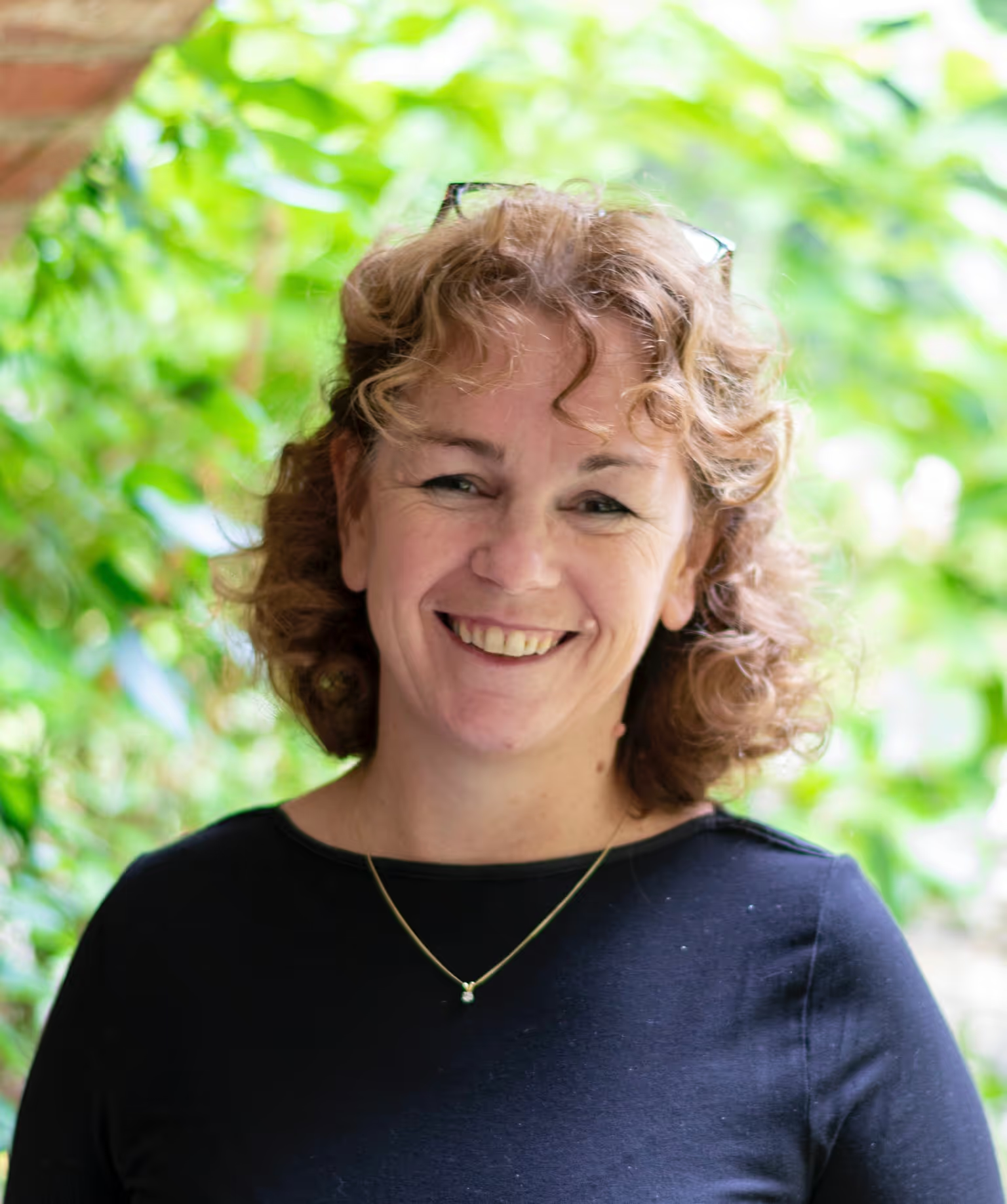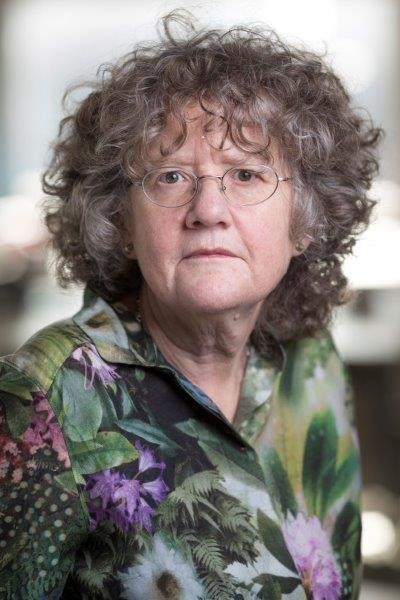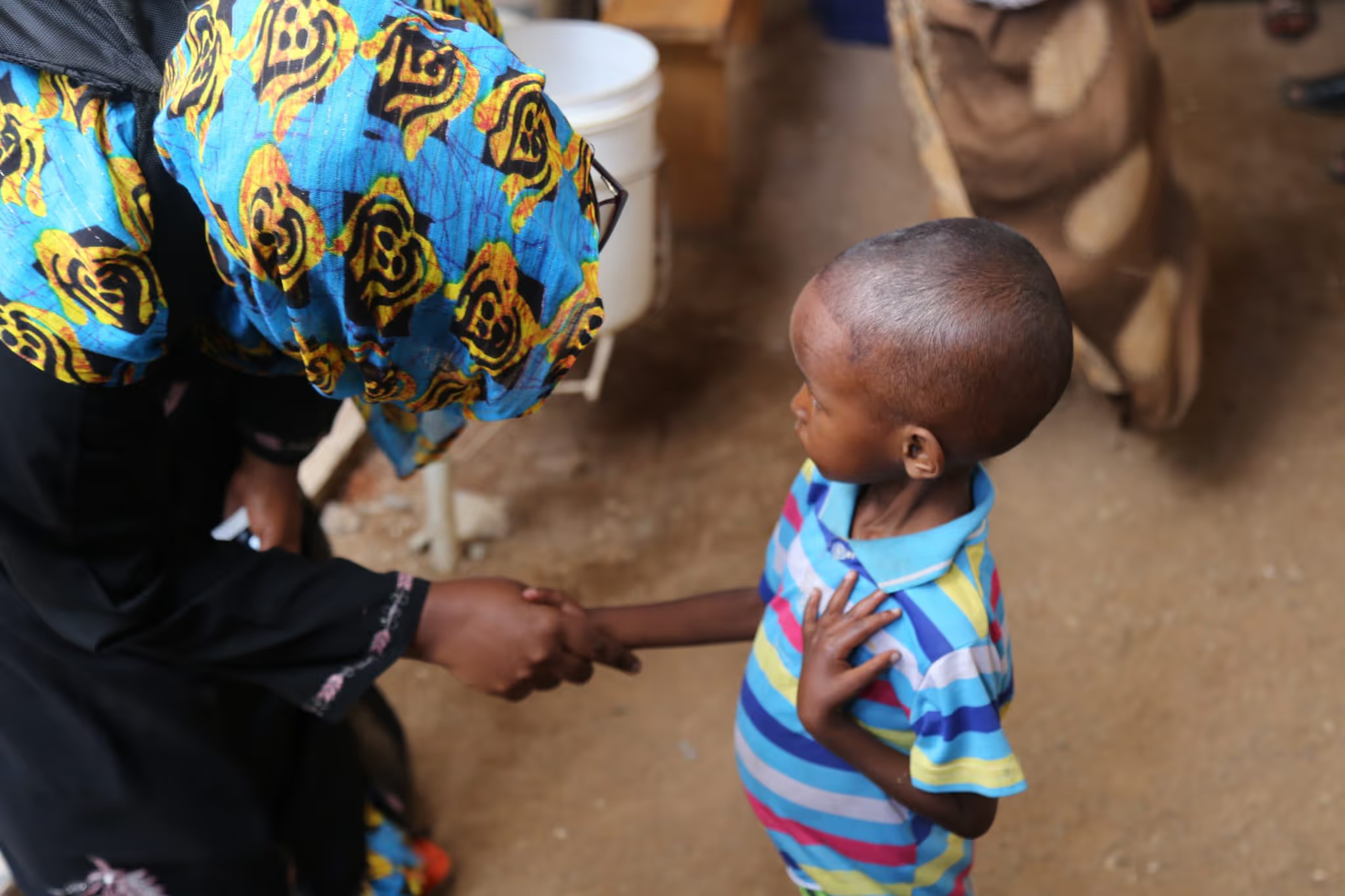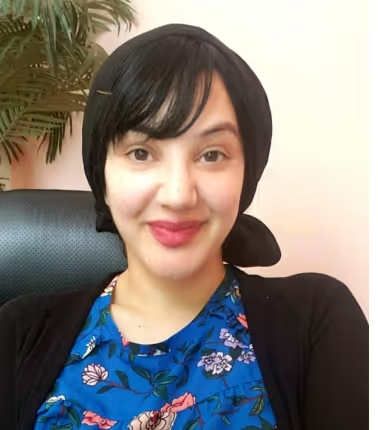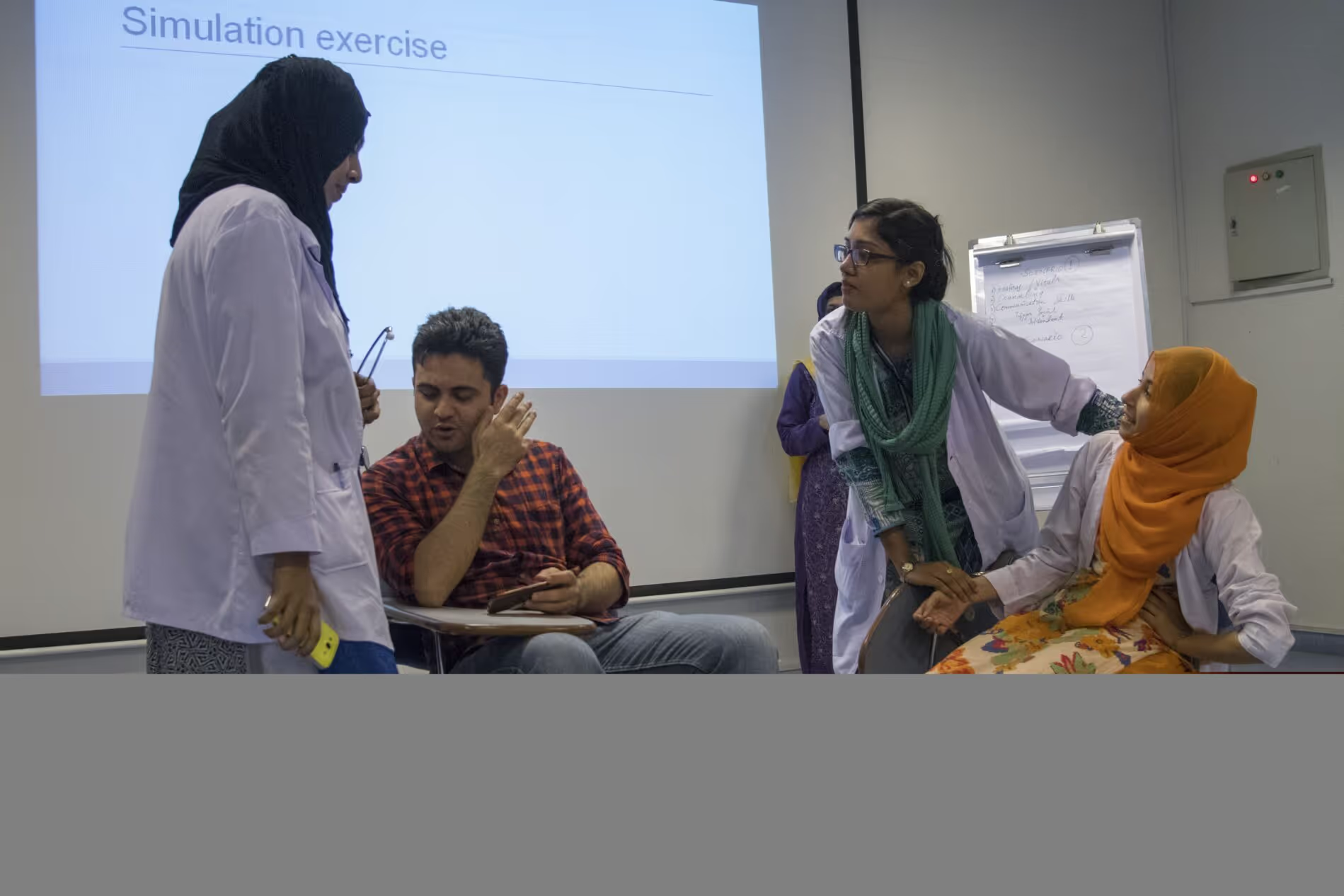Internally Displaced Persons, radio and COVID-related misinformation in Burkina Faso
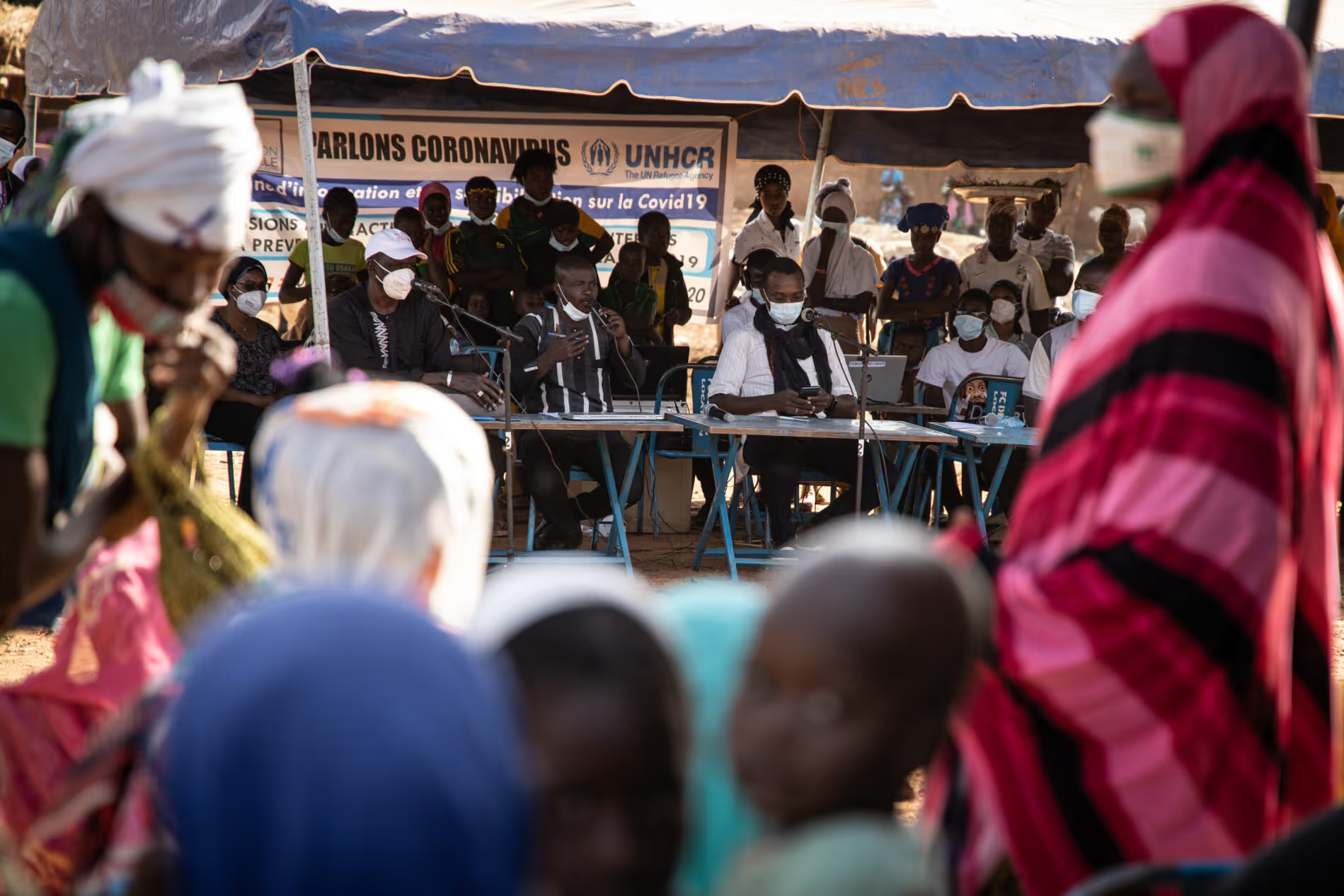
Project overview
Using radio and social media to address misinformation about COVID-19 amongst Internally Displaced Persons (IDPs) in Burkina Faso.
Project solution
This project offers [specific solution or intervention] to tackle [challenge]. By implementing [strategies, tools, or innovations], the project aims to achieve [desired outcomes]. The approach is designed to [specific actions or methods] to bring about meaningful change in [community, region, or issue area].
Expected outcomes
This project aims to achieve [specific outcomes], such as [measurable results, improvements, or changes]. The expected impact includes [benefits to the target community, advancements in research or innovation, or long-term effects]. By the end of the project, we anticipate [specific changes or milestones] that will contribute to [broader goals or objectives].
Principal Investigators: Dr Emma Heywood (University of Sheffield) & Dr Lassané Yaméogo (Centre National de la Recherche Scientifique et Technologique)
Research Snapshot
This study looked at the use of radio as a public health messaging tool for vulnerable crisis-affected communities during the COVID-19 pandemic, producing findings that were used by partner radio stations to adapt public health-related programming for IDPs in Burkina Faso. This is also available in French.
[.cta_link]View Snapshot[.cta_link]
What did the study set out to achieve?
The study aimed to determine how radio broadcasters in Burkina Faso can adapt to address and respond to the information needs of Internally Displaced Persons (IDPs) and combat (mis)information regarding COVID-19.
To do this, the study team worked with IDPs in refugee camps and host communities to find out what COVID-19 (mis)information they are exposed to, and the sources of that information. Over a period of time, this information was fed to Studio Yafa - a Burkinabe radio studio and partner in the project which broadcasts nationally through local partner radios and via social media – to address the reported misinformation expressed by IDP's and their information needs, where appropriate, in their broadcasts.
The team hoped that this would help:
- improve awareness, understanding and confidence among affected populations regarding best practice in relation to the prevention of COVID-19 spread;
- increase the capacity of IDPs and host communities to express their concerns and information needs;
- create a closer collaboration between humanitarian and local media actors to address the needs of IDPs in a more accurate and targeted manner;
- increase capacity to identify and rebut misinformation in a more targeted and quicker manner;
- implement IDP-centred response and participation encouraging understanding and trust between affected population and humanitarian/public health actors;
- encourage greater accountability of those actors with regard to the affected population;
- strengthen inter-community understanding that will help prevent tensions caused by misinformation, stereotyping and rumours.
What were the key findings?
- Radio enabled sharing of relevant and reliable information. It acted as a survival tool, and provided space for exchange, solidarity, and communion between IDPs and host communities
- Radio was effective and trusted, in a context of uncertainty where rumours, or uncertain truths, proliferate. Talk shows, news bulletins, and interactive or entertainment programmes were preferred by IDPs during emergencies.
- Repeat broadcasts or ‘booster’ campaigns are needed to improve and reinforce understanding and to counter misinformation about the pandemic and the vaccine.
- Involving affected communities in radio programme production and delivery increases their awareness and commitment to act on the public health recommendations.
- The use of fictional characters, celebrities or well-known personalities in broadcasts increased message retention among listeners.
What does this mean for policymakers and practitioners?
- Radio is an important tool for broadcasting timely, relevant, and reliable information to displaced and host populations in emergency contexts.
- Organisations should not simply use the radio to bombard top-down messages produced by outsiders. Involving the target listening community in the production and dissemination of messages, for example through interactive programmes, will improve the uptake and implementation of public health recommendations.
- Humanitarian actors should see radio not only as a means of one-way communication of public health messages, but as a holistic tool for community engagement which can be
used to help identify needs and concerns, unite fractured communities, and inspire hope for the future. - Radio must be considered, by the actors who use it in emergency contexts, as one of the urgent responses to be integrated in the strategies of information, countering disinformation, and citizen education and accountability towards them.
- Information on training and opportunities, such as snapshots of those who have successfully returned to their trade or who have established a new one helps IDPs maintain aspiration and wellbeing.
Watch the video below to find out more - and to hear from IDPs in Burkina Faso. You can watch the video in French here.
Project delivery & updates
Stay up to date with the latest developments from this project. Here, you will find details on what has been delivered, resources created, and regular updates as the project progresses. Access key documents, reports, and other materials to see how the project is making an impact.
